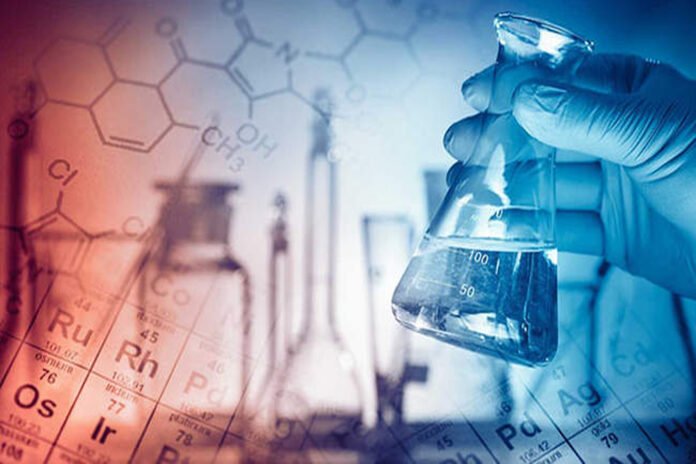New Delhi. Researchers at the Bose Institute, an autonomous institute of the Department of Science and Technology (DST) in Kolkata, have developed a new way of making hydrogels using small protein fragments of just five amino acids of the SARS-CoV-1 virus. The new method could help improve targeted drug delivery and reduce side effects. Hydrogels are considered suitable for drug delivery due to their swelling behavior, mechanical strength, and biocompatibility.
While small peptide-based hydrogels have great potential for a wide range of applications, controlling the assembly of these systems is very challenging. A team of researchers led by Professor Anirban Bhunia, Department of Chemistry, Bose Institute, explored the underlying self-assembly properties of the SARS-COVE protein. Their study led to a new way of making useful gel materials. The team also collaborated with scientists from the Indian Institute of Science, Bangalore, University of Texas Rio Grande Valley, USA and Indian Association for the Promotion of Science, Kolkata.
Their findings, published in the prestigious journal Small (Wiley), showed that gels made of pentapeptides with unique properties could be developed by rearranging just five amino acids of the SARS-CoV-1 virus. The team said this unique discovery could lead to important medical advances, such as customizable hydrogels that can improve targeted drug delivery, increasing the efficacy of treatments as well as reducing side effects. Additionally it could revolutionize tissue engineering, potentially aiding organ regeneration.

